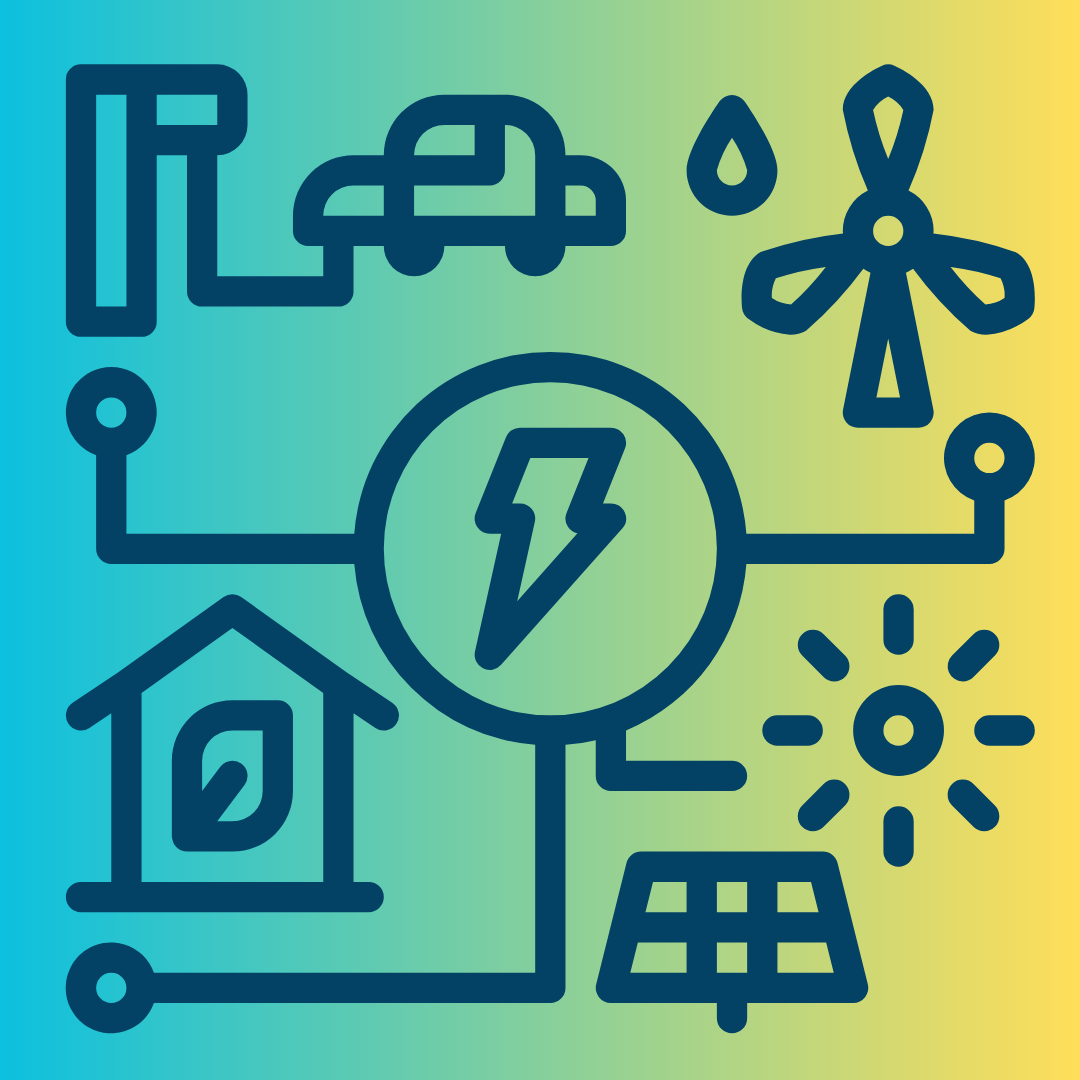Last year we exposed the safety risks to workers and the Australian public around the federal government’s plan to introduce Automatic Mutual Recognition (AMR) of electrical licenses. Under the Liberal Government’s proposal, any electrical worker could work in any state or jurisdiction automatically, without undergoing simple but important safety and verification checks. These checks would normally ensure they are aware of the legislative requirements and safety regulations of the new jurisdiction, that their licence was validly obtained and that only equivalent work will be performed.
We knew that this would erode safety standards and checks, which are incredibly important in a high-risk occupation such as ours. AMR could even expose workers to big fines if they failed to understand legislative requirements in their new jurisdiction and inadvertently broke the rules. Unfortunately, we don’t have a nationalised licensing system, so there are significant differences between licenses and registrations from state to state.
In February the scheme was introduced in most states, but because of the ETU’s lobbying, we have had a significant impact on how AMR will affect the electrical trades. As a result, some states have chosen not to adopt the legislation at all and others will retain the safety and verification checks while removing duplicate licencing fees. Originally the Federal Government also attempted to apply AMR to all electrical occupations, but this has now been limited to those licences which are common across different states and territories.
As a bonus, in states like Victoria, TAS and NT they have waived the duplicate license fees but the safety checks remain in place.
Read how AMR will be implemented in each state and territory below:
Queensland
has not adopted this legislation and it does not apply in Queensland. The State Government has advised they will not be adopting it for electrical occupations. The existing east coast mutual recognition arrangements will stay in place.
Victoria
Interstate applicants must still apply, get assessed and be issued with a registration number before being allowed to work in VIC. Electrical workers will no longer have to pay for two licences.
Northern Territory
Interstate electrical workers are still required to make an application for a NT Licence and be assessed as having the appropriate skills and qualifications as per previous processes. Electrical workers will no longer have to pay for two licences.
Tasmania
Interstate electrical workers are still required to make an application for a TAS Licence and be assessed as having the appropriate skills and qualifications. Electrical workers will no longer have to pay for two licences.
NSW:
NSW has legislatively exempted 203 occupations including all electrical occupations. Ongoing consultation with the Department is occurring with a full review underway into the various laws which govern electrical work and electrical workers.
South Australia:
Interstate workers must still notify SA Licencing prior to commencing work. It is still unclear what level of follow up or checks will be completed by the SA department following notification, and we are currently following this up to get more information.*
ACT:
Interstate workers must still notify ACT Licencing prior to commencing work It is still unclear what level of follow up or checks will be completed by the ACT department following notification, and we are currently following this up to get more information.*
Western Australia:
AMR legislation is currently before the WA Parliament and has been referred to a parliamentary inquiry and the ETU is actively engaged in this process seeking to achieve the best possible outcome for members.*
*One of the main challenges for these jurisdictions is the capacity of licencing registration authorities to monitor and enforce any new AMR regime effectively.
With the AMR legislation adopted in most states, it will be critical for ETU and CEPU state branches to keep a watch on licencing processes to ensure they are not watered down over time.
Read more ETU news
Federal Budget 2025
29 March 2025
ETU Apprentice Survey 2025
29 March 2025

